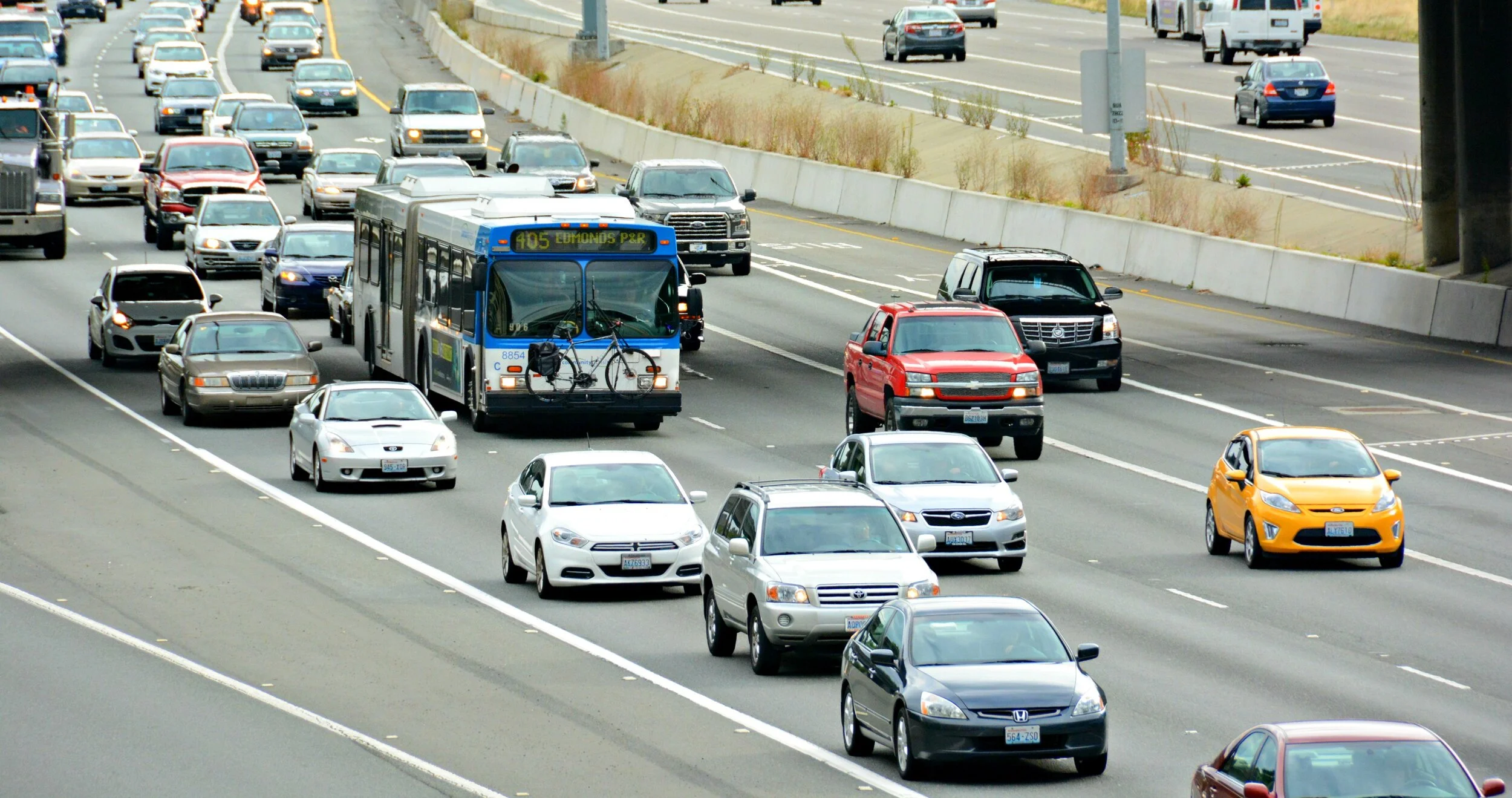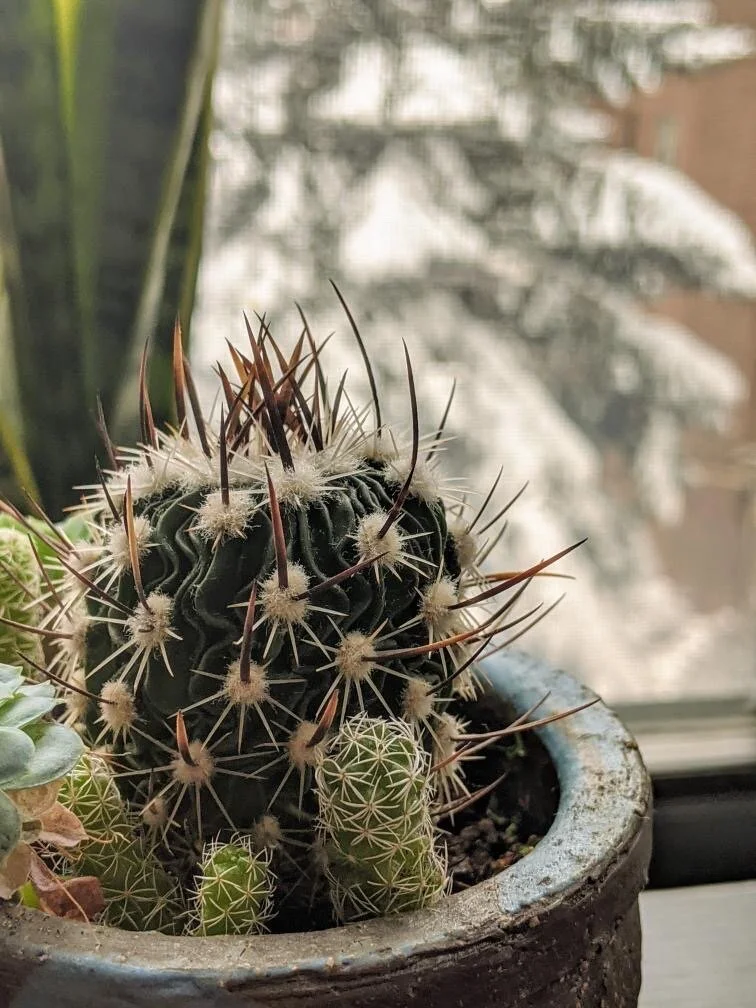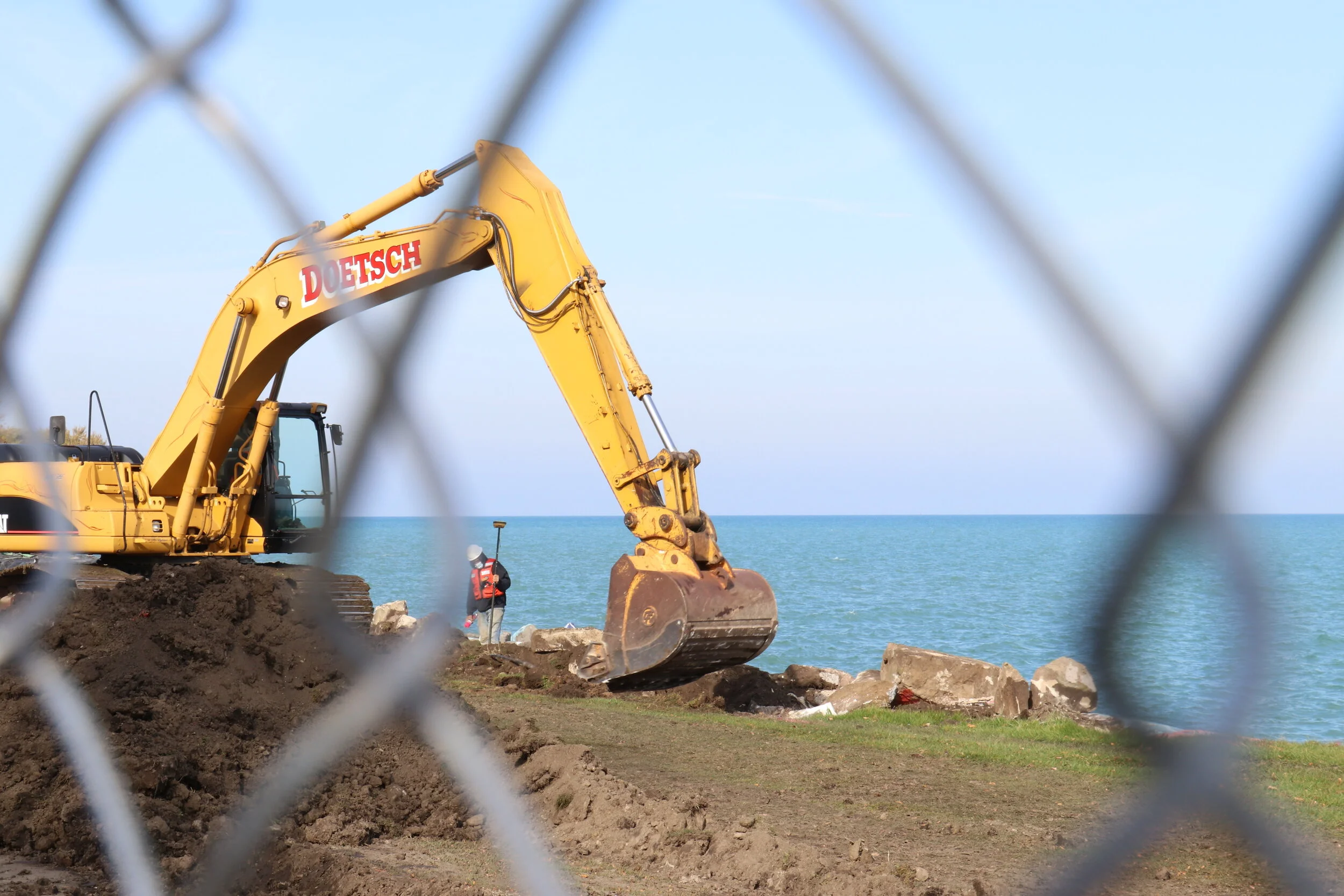I believe there is a time and a place to appreciate how, for lack of a better term, cool certain animals are. To this end, I shall make the case for why the sperm whale is my favorite animal, in the hopes that you, dear reader, come away with a newfound sense of appreciation for these giants.
Read MoreNorthwestern offers a wide range of environmental-related courses. With such a varied and vast course list, it can be hard to determine what environmental classes are the best ones to take. The wide range of factors to consider like workload, professor teaching style, and content make narrowing down the list difficult even with CTECs. I’ll be discussing some characteristics of these classes and my personal experiences with them.
Read MoreKoh Tao is an island in Thailand known for having the most diverse and abundant coral reefs in the Gulf of Thailand. However, the coral reefs of Koh Tao, like other reef systems in the world, are threatened by relentless climate change and ocean acidification. Annika Anandsongkit relays her volunteer work in Koh Tao building artificial reefs to combat ocean acidification and preserve reef biodiversity.
Read MoreCancel culture, which once started as a movement of accountability, has overgrown into a mangled mess of self-censorship, perfectionism, and fear of speaking out. Due to this dynamic, I’ve personally noticed an increase in inauthentic online environmental activism in hopes of self-preservation, of being “on the right side,” even if they don’t know or really care about what they're posting.
Read MoreCenturies ago, much of Illinois was covered by a rich mosaic of foliage. Diverse assemblages of grasses and wildflowers, interspersed by the occasional tree, formed vast prairies and savannas. Unfortunately, this isn’t the case today. But, organizers and volunteers at the North Branch Restoration Project are helping reverse this damage and restoring Illinois’ natural biodiversity.
Read MoreFast fashion has a massive impact on the environment: it’s the second-largest use of the world’s water, produces 10% of all carbon emissions, and generates pollutants like microplastics. If you want to shop more sustainably, Hannah Dembosky lists out 8 clothing stores that prioritize the planet.
Read MoreThe Clark Street Beach Bird Sanctuary is a vital environmental preserve for local flora and fauna. Ginny Lee talks to the organization's leadership about the importance of this ecosystem and the importance of local volunteers.
Read MoreGenerally, plants sit still and metabolize sunlight, with some exceptions. Animals move around and eat food, with some exceptions. What if a creature could do parts of both? Max Bennett researches these multi-talented creatures that he has dubbed “plantimals”.
Read More“Internet vegans”, social media influencers who create platforms promoting their lifestyle choices, argue that eating any animal products is immoral, and only by going vegan can someone truly be environmentally conscious. While many vegans do not share these views, the rhetoric of these extreme vegans who argue that non-vegans are immoral is extremely problematic for a wide range of reasons. Hannah Dembosky shares her opinion.
Read MoreChicago has a troubling history of environmental racism. The planned move of General Iron, a metal scrapping company, from Lincoln Park to the East Side, a predominately Latinx community, is a blow to the community activists who have worked for years to address environmental racism and protect their neighborhoods from further industrial development. Genevive Kosiolek has the story.
Read MoreVirginia passes law similar to neighbors DC and Maryland hoping to decrease its impact on climate change. This legislature is the first of its kind in southeastern states, potentially paving the way for more states to be inspired to adopt similar change. Read more about the details in Hannah Dembosky’s piece.
Read MoreAt a time when effective, low-carbon sources of energy are needed more than ever, one source of energy oftentimes remains shunned: nuclear fission, the black sheep of electricity generation. Is fission truly deserving of its unsavory reputation, or ought we to consider nuclear energy in the fight against a warming world?
Read MoreLearn more about an effort at Northwestern University to increase composting, Cats Who Compost, in this article, how to begin your own composting, and where to drop it off!
Read MoreHave you always wanted a little green friend for your dorm room or apartment, but don’t know how you can keep one alive when you can barely take care of yourself during midterms week? Northwestern sophomore Austin Li is what you may call an expert college-age plant owner, and he shared with ION his tips and tricks on how he grew his collection of house plants and kept them thriving.
Read MoreWhile land-based ecosystems are dominated by towering trees and gargantuan flora, the oceans are ruled by organisms too little to be seen by the naked eye. Technically, you owe every second breath you take to this diverse assemblage of marine microbes called phytoplankton. But, what exactly are these tiny beings, and how are they able to have such a dramatic impact on our planet?
Read MoreThis fall, Danielle Johnson embarked on a 3-month stay in Jackson Hole, Wyoming for her journalism residency. Throughout her stay, she captured the natural beauty of an area where over 97 percent of the land is publicly protected.
Read More“Chris Wilt, my dad, was given his first hunting dog from an uncle when he was just a teenager. Many years later, working and hunting with dogs remains one of his primary interests and hobbies.” In Our Nature’s Ali Wilt documented her father as he worked with his 8-month-old Kaiser, usually called Kai, on a pheasant hunt.
Read MoreIt takes a lot to make a movie. Sitting in front of the silver screen, it becomes easy to forget about what happens behind the scenes to create the final Hollywood product. The cost of creating that movie magic is oftentimes extensive and irresponsible environmental damage. Ginny Lee has the story.
Read MoreAs Lake Michigan continues to rise, University officials work to mitigate the effects of erosion and construct a long-term solution for the campus lakefill.
Read MoreSince the COVID-19 pandemic began in March, the production of single-use plastic and disposable medical masks has skyrocketed. Now, this waste has begun to overwhelm waste management systems and pollute ecosystems worldwide in an unforeseen consequence of these safety measures. Genevive Kosciolek has the story.
Read More



















